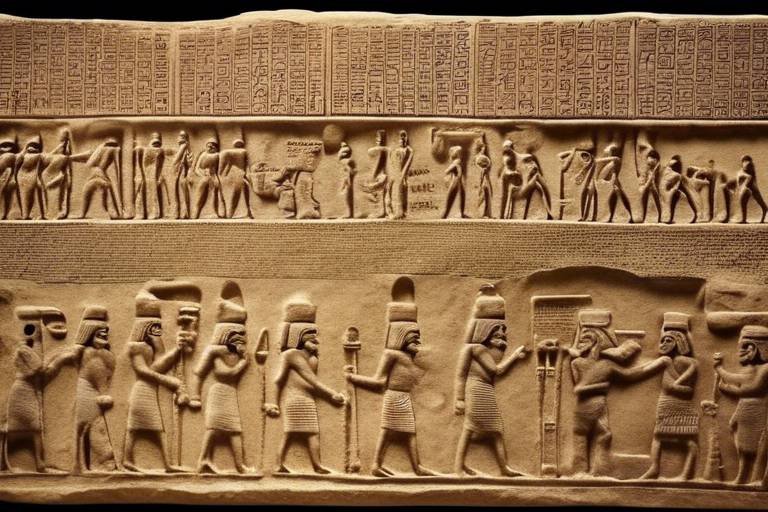The Discovery of the Ancient Greek Myths
Embark on a journey through time and imagination as we delve into the captivating realm of ancient Greek myths. These timeless tales have woven themselves into the very fabric of human culture, leaving an indelible mark on literature, art, and society. The discovery of these myths is like uncovering a hidden treasure trove, each story a precious gem waiting to be explored.
At the heart of Greek mythology lies a rich tapestry of stories that reflect the beliefs, values, and struggles of the ancient Greeks. These myths were not just tales of gods and heroes but served as a way to make sense of the world, to explain natural phenomena, and to explore the complexities of human nature.
As we peel back the layers of time, we uncover the origins of Greek mythology rooted in a society steeped in ritual, tradition, and storytelling. The myths were passed down through generations, evolving and adapting to reflect the changing landscape of ancient Greece.
Central to Greek mythology are the powerful gods and goddesses who ruled over the heavens and the earth. From Zeus, the mighty king of the gods, to Athena, the wise goddess of wisdom and warfare, each deity held a unique role in the pantheon, shaping the lives of mortals and immortals alike.
But it was not just the gods who captured the imagination of the ancient Greeks. Heroes like Hercules, Perseus, and Achilles embarked on epic quests, battling monsters and facing impossible challenges. Their stories of courage, tragedy, and triumph have inspired countless works of art and literature throughout history.
The myths of ancient Greece are also populated by a menagerie of fantastical creatures and monsters, from the multi-headed Hydra to the winged horse Pegasus. These beings, both fearsome and wondrous, added depth and mystery to the world of Greek mythology.
One of the most enduring tales from Greek mythology is that of the Trojan War, a conflict that spawned heroes like Achilles, Hector, and Odysseus. The epic poems of Homer, the Iliad and the Odyssey, immortalized the deeds of these heroes and the tragedy of war.
As we journey into the depths of the underworld, ruled by Hades and inhabited by shades of the dead, we confront the mysteries of life, death, and the afterlife. The myths of the underworld offer a glimpse into the ancient Greeks' beliefs about the soul's journey beyond the mortal realm.
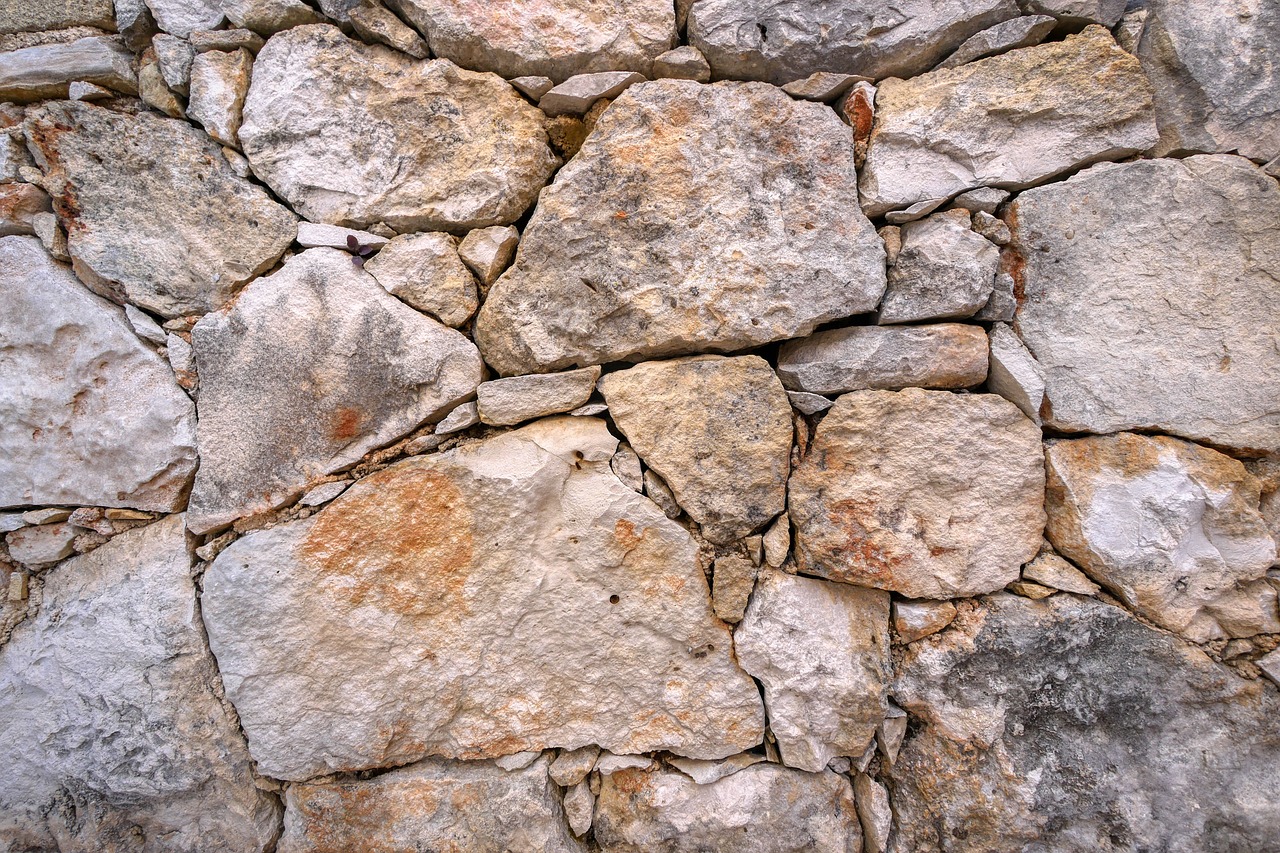
Origins of Greek Mythology
Exploring the rich tapestry of ancient Greek mythology, its origins, and enduring impact on literature, art, and culture throughout history.
The origins of Greek mythology can be traced back to the ancient civilization of Greece, where a complex tapestry of stories, legends, and beliefs emerged. These myths were deeply intertwined with the lives of the ancient Greeks, shaping their understanding of the world and their place in it.
Rooted in a blend of historical events, cultural practices, and religious beliefs, Greek mythology provided explanations for natural phenomena, human behavior, and the mysteries of the universe. The myths were passed down through generations via oral tradition, evolving and adapting over time to reflect the values and beliefs of different eras.
At the heart of Greek mythology were the gods and goddesses, powerful beings who ruled over the heavens, the earth, and the underworld. These deities embodied various aspects of nature, human emotions, and societal ideals, shaping the moral and ethical framework of ancient Greek society.
The stories of Greek mythology offered not only entertainment but also served as a way to explore complex themes such as love, jealousy, heroism, and fate. Through these myths, the ancient Greeks sought to make sense of the world around them, finding meaning in both the triumphs and tragedies of human existence.

Key Gods and Goddesses
When delving into the realm of ancient Greek mythology, one cannot ignore the pivotal role played by the key gods and goddesses in shaping this intricate tapestry of stories and beliefs. These divine beings not only symbolize various aspects of human nature and the natural world but also hold immense power and influence over the lives of mortals.
At the zenith of the Olympian pantheon stands Zeus, the formidable King of the Gods and the ruler of Mount Olympus. Known for his thunderbolt and supreme authority, Zeus embodies the concept of divine kingship and is revered as the father of gods and men. His intricate relationships with other deities and mortals often lead to dramatic conflicts and epic tales that captivate the imagination.
Athena, the Goddess of Wisdom and strategic warfare, represents the embodiment of intellect, courage, and civilization in Greek mythology. Revered as the patroness of arts and crafts, Athena's strategic prowess in battle and her wise counsel make her a formidable presence among the Olympian deities.
These key gods and goddesses, among many others in the Greek pantheon, serve as archetypes embodying various virtues, vices, and facets of human experience. Their stories and interactions with mortals offer profound insights into the complexities of human nature and the eternal struggle between fate and free will.
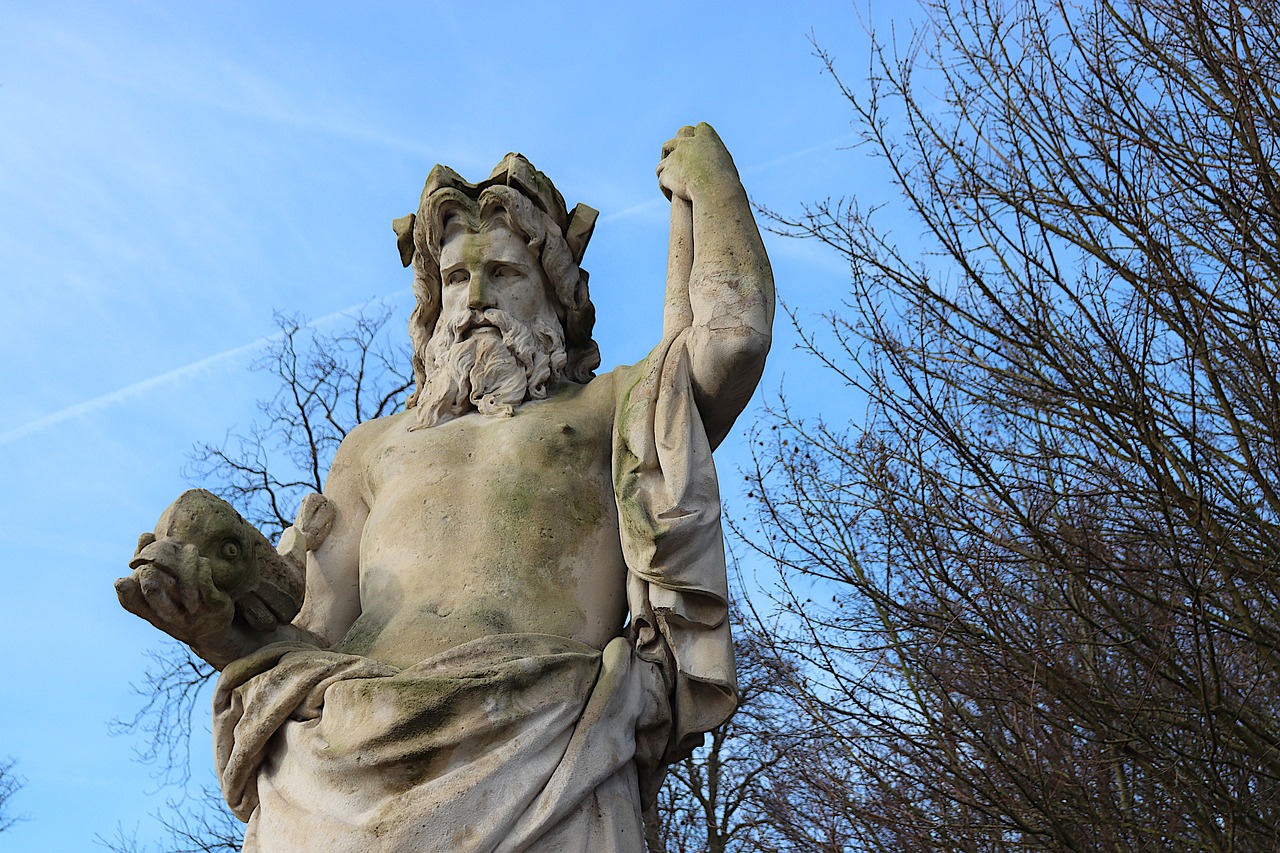
Zeus, the King of the Gods
Zeus, the King of the Gods, reigns supreme on Mount Olympus, wielding thunderbolts and commanding the heavens with his unrivaled power. As the ruler of the sky and thunder, Zeus symbolizes authority and justice in the pantheon of Greek gods. His iconic image is often depicted with a lightning bolt in hand, ready to strike down any who defy his will. Zeus is not only known for his might but also for his numerous romantic escapades, which resulted in the birth of many demigods and heroes. Despite his indiscretions, Zeus remains a central figure in Greek mythology, embodying the complexities of divine rule and human nature.
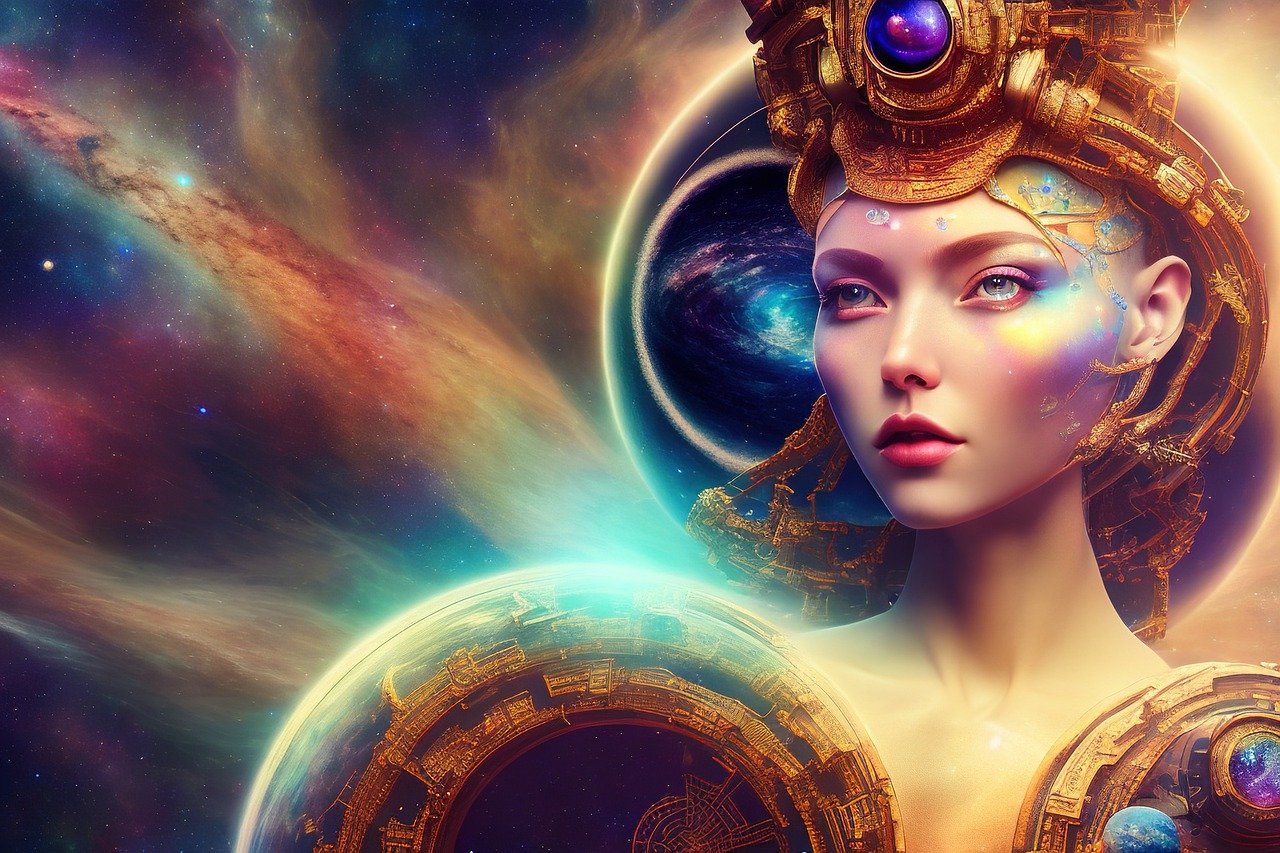
Athena, Goddess of Wisdom
Exploring the rich tapestry of ancient Greek mythology, its origins, and enduring impact on literature, art, and culture throughout history.
Understanding the historical and cultural context that gave rise to the complex and fascinating world of Greek myths.
Exploring the pantheon of Greek deities, their powers, relationships, and significance in ancient Greek society.
Delving into the myths and legends surrounding Zeus, the powerful ruler of Mount Olympus and father of gods and men.
In the realm of Greek mythology, Athena shines as the embodiment of wisdom, strategy, and arts. Known as the patroness of strategic warfare, civilization, and the arts, Athena's influence reverberates throughout ancient Greek society. She is often depicted with a shield and spear, symbolizing her role as a protector and warrior. Athena's wisdom and intellect surpass that of her fellow gods and goddesses, making her a revered figure in Greek mythology.
Examining the epic tales of heroes like Hercules, Perseus, and Achilles, their quests, triumphs, and tragic downfalls.
Analyzing the legendary conflict of the Trojan War, the heroes involved, and the enduring legacy of Homer's Iliad and Odyssey.
Encountering the fantastical beasts and creatures from Greek mythology, from the terrifying Hydra to the majestic Pegasus.
Journeying into the realm of Hades, exploring the myths of the underworld, its rulers, and the fate of the souls within.
Stay tuned for answers to common queries about Greek mythology, its significance, and the enduring allure of ancient Greek myths.
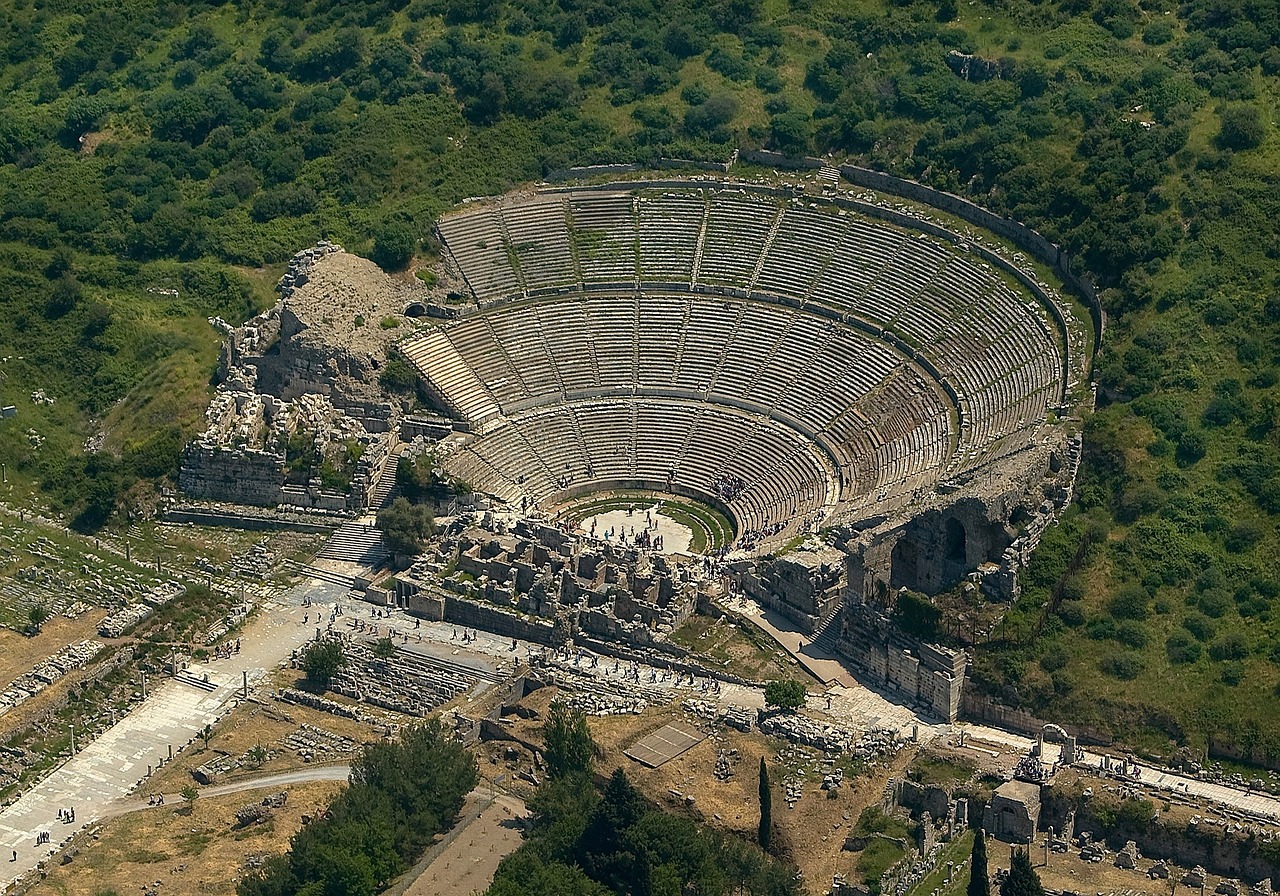
Heroic Epics and Legends
Heroic Epics and Legends in ancient Greek mythology are like the beating heart of a grand adventure, filled with valor, tragedy, and extraordinary feats that have captivated audiences for centuries. These epic tales serve as a testament to the indomitable spirit of heroes like Hercules, Perseus, and Achilles, whose names have become synonymous with courage and heroism.
Imagine the legendary Hercules, known for his incredible strength and his Twelve Labors, each more daunting than the last. His stories are a blend of myth and reality, showcasing the triumph of the human spirit against impossible odds. Perseus, the slayer of Medusa, embodies cunning and bravery, wielding his reflective shield to overcome the monstrous Gorgon.
Then there is Achilles, the invincible warrior of the Trojan War, whose heel became his fatal weakness. His tragic tale of glory and downfall serves as a cautionary reminder of the fleeting nature of fame and the consequences of hubris.
These heroes' journeys are not just about physical prowess but also about inner strength, moral dilemmas, and the complexities of human nature. They face challenges that test their resolve, confront gods and monsters, and navigate the thin line between mortality and immortality.
The epic narratives of these heroes are not merely stories but reflections of the values and beliefs of ancient Greek society. They embody the ideals of honor, loyalty, and sacrifice, resonating with audiences across time and cultures. Through their adventures, we glimpse the eternal struggle between good and evil, the quest for glory, and the price of greatness.

The Trojan War and Its Heroes
The Trojan War stands as one of the most legendary conflicts in ancient Greek mythology, a tale of love, betrayal, and heroism that has captivated audiences for centuries. At the heart of this epic saga are the heroic figures whose actions and choices shaped the outcome of the war. From the valiant Achilles, the greatest warrior of the Greek army, to the cunning Odysseus, whose ingenuity led to the downfall of Troy, each hero played a crucial role in the unfolding drama.
One of the central figures in the Trojan War is Hector, the noble prince of Troy known for his bravery and sense of honor. Hector's tragic fate at the hands of Achilles is a poignant reminder of the cost of war and the complexities of human nature. On the Greek side, Agamemnon, the ambitious king of Mycenae, struggles to maintain control over his allies and navigate the treacherous waters of politics and warfare.
As the war rages on, heroes like Ajax, Diomedes, and Patroclus distinguish themselves through acts of valor and sacrifice, their stories immortalized in the verses of Homer's epic poems. The Trojan War is not just a clash of armies, but a clash of ideals, where concepts of glory, honor, and destiny collide in a whirlwind of conflict and tragedy.
Amidst the chaos of battle, the gods themselves take sides, intervening in the affairs of mortals and shaping the course of events with their divine power. From the wrath of Achilles to the wisdom of Athena, the deities of Olympus play a pivotal role in the outcome of the war, blurring the lines between myth and reality.
At the heart of the Trojan War is the timeless question of what it means to be a hero, to face insurmountable odds with courage and resilience, to confront the frailty of human existence in the face of overwhelming forces. The stories of these legendary heroes continue to resonate with audiences today, reminding us of the enduring power of myth and the eternal struggle between fate and free will.

Iliad
Exploring the rich tapestry of ancient Greek mythology, its origins, and enduring impact on literature, art, and culture throughout history.
Understanding the historical and cultural context that gave rise to the complex and fascinating world of Greek myths.
Exploring the pantheon of Greek deities, their powers, relationships, and significance in ancient Greek society.
Delving into the myths and legends surrounding Zeus, the powerful ruler of Mount Olympus and father of gods and men.
Unraveling the stories of Athena, the patroness of strategic warfare, civilization, and the arts in Greek mythology.
Examining the epic tales of heroes like Hercules, Perseus, and Achilles, their quests, triumphs, and tragic downfalls.
Analyzing the legendary conflict of the Trojan War, the heroes involved, and the enduring legacy of Homer's Iliad and Odyssey.
Encountering the fantastical beasts and creatures from Greek mythology, from the terrifying Hydra to the majestic Pegasus.
Journeying into the realm of Hades, exploring the myths of the underworld, its rulers, and the fate of the souls within.
The Iliad is an epic poem attributed to the ancient Greek poet Homer. It is one of the earliest and greatest works of Western literature, focusing on a few pivotal weeks during the Trojan War. The poem centers around the wrath of Achilles, a powerful Greek warrior, and the consequences of his anger on the Greek forces. Through vivid descriptions of battles, honor, and the intervention of the gods, the Iliad explores themes of heroism, fate, and the complexities of human emotions in times of war.
Stay tuned for answers to common questions about Greek mythology, its significance, and the enduring impact of ancient Greek myths on modern culture.
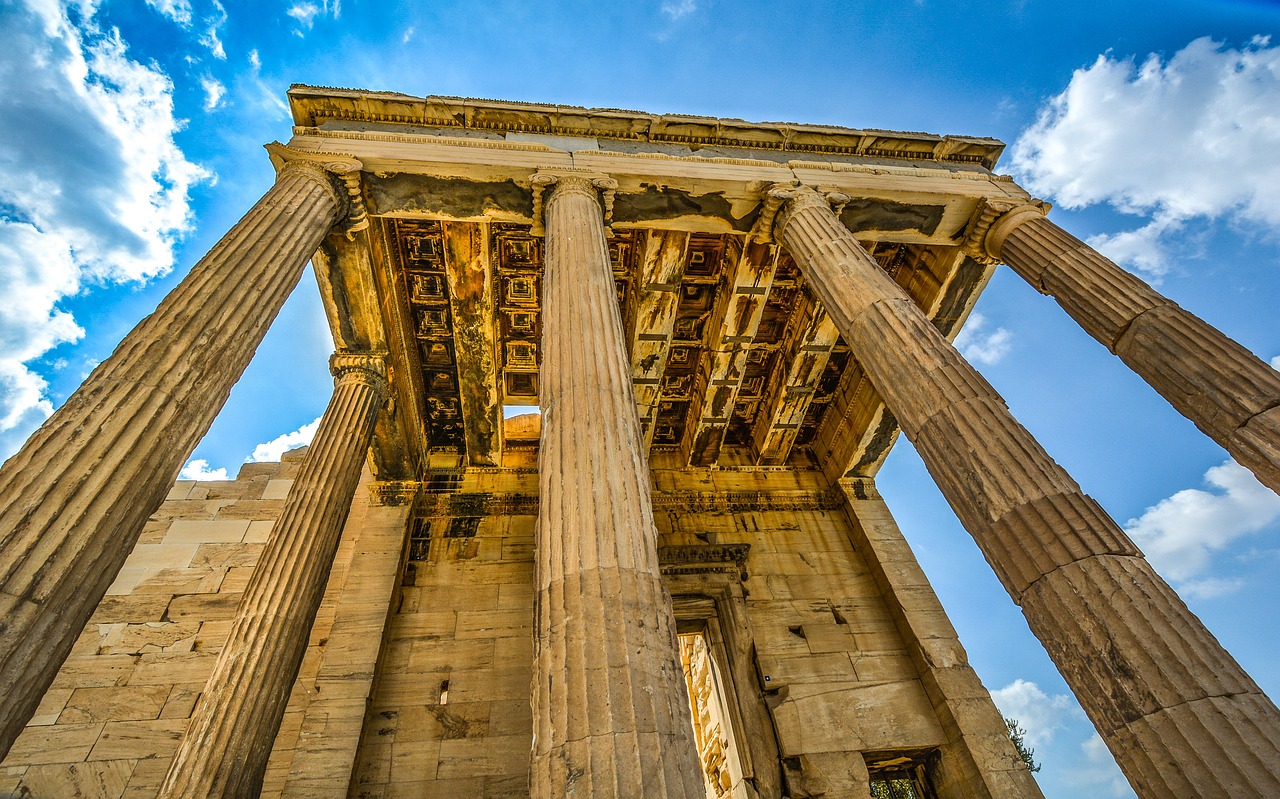
and
Exploring the rich tapestry of ancient Greek mythology, its origins, and enduring impact on literature, art, and culture throughout history.
Understanding the historical and cultural context that gave rise to the complex and fascinating world of Greek myths.
Exploring the pantheon of Greek deities, their powers, relationships, and significance in ancient Greek society.
Delving into the myths and legends surrounding Zeus, the powerful ruler of Mount Olympus and father of gods and men.
Unraveling the stories of Athena, the patroness of strategic warfare, civilization, and the arts in Greek mythology.
Examining the epic tales of heroes like Hercules, Perseus, and Achilles, their quests, triumphs, and tragic downfalls.
Analyzing the legendary conflict of the Trojan War, the heroes involved, and the enduring legacy of Homer's Iliad and Odyssey.
Encountering the fantastical beasts and creatures from Greek mythology, from the terrifying Hydra to the majestic Pegasus.
Journeying into the realm of Hades, exploring the myths of the underworld, its rulers, and the fate of the souls within.
Let's delve into some common questions about the captivating world of Greek mythology.
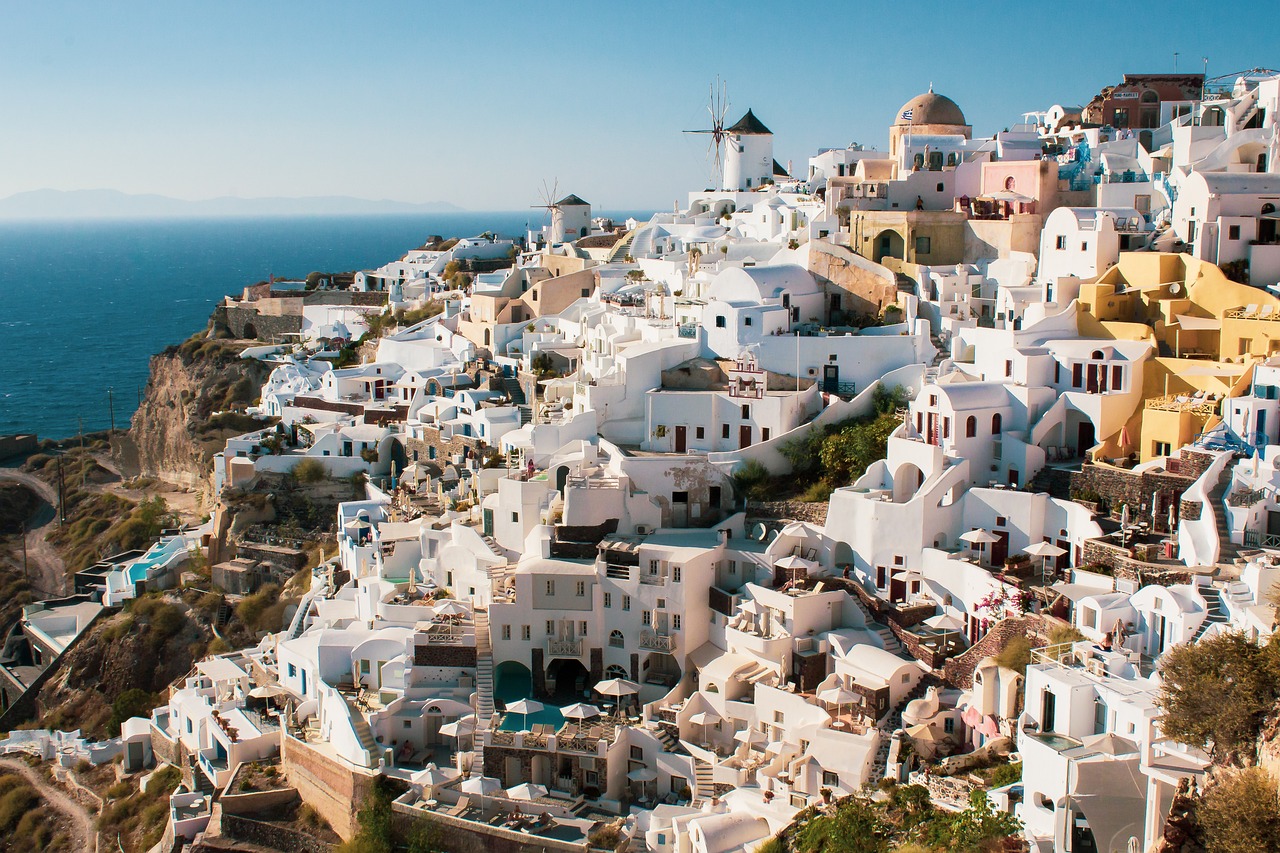
Odyssey.
Exploring the rich tapestry of ancient Greek mythology, its origins, and enduring impact on literature, art, and culture throughout history.
Understanding the historical and cultural context that gave rise to the complex and fascinating world of Greek myths.
Exploring the pantheon of Greek deities, their powers, relationships, and significance in ancient Greek society.
Delving into the myths and legends surrounding Zeus, the powerful ruler of Mount Olympus and father of gods and men.
Unraveling the stories of Athena, the patroness of strategic warfare, civilization, and the arts in Greek mythology.
Examining the epic tales of heroes like Hercules, Perseus, and Achilles, their quests, triumphs, and tragic downfalls.
Analyzing the legendary conflict of the Trojan War, the heroes involved, and the enduring legacy of Homer's Iliad and Odyssey.
Encountering the fantastical beasts and creatures from Greek mythology, from the terrifying Hydra to the majestic Pegasus.
Journeying into the realm of Hades, exploring the myths of the underworld, its rulers, and the fate of the souls within.
The Odyssey, attributed to the ancient Greek poet Homer, is a legendary epic poem that follows the adventures of Odysseus as he tries to return home after the Trojan War. Filled with trials, tribulations, and encounters with gods and monsters, the Odyssey is a timeless tale of perseverance, cunning, and the enduring power of the human spirit.
Stay tuned for the frequently asked questions section!

The Trojan War stands as one of the most famous conflicts in Greek mythology, immortalized in Homer's epic poems, the Iliad and the Odyssey. This legendary war was fought between the city of Troy and the Achaeans, with heroes on both sides displaying extraordinary valor and tragic fates. The most renowned hero of the Trojan War is Achilles, the invulnerable warrior whose only weakness lay in his heel. His rage and eventual downfall are central to the narrative of the war, showcasing the complexities of human emotions and the consequences of unchecked pride.
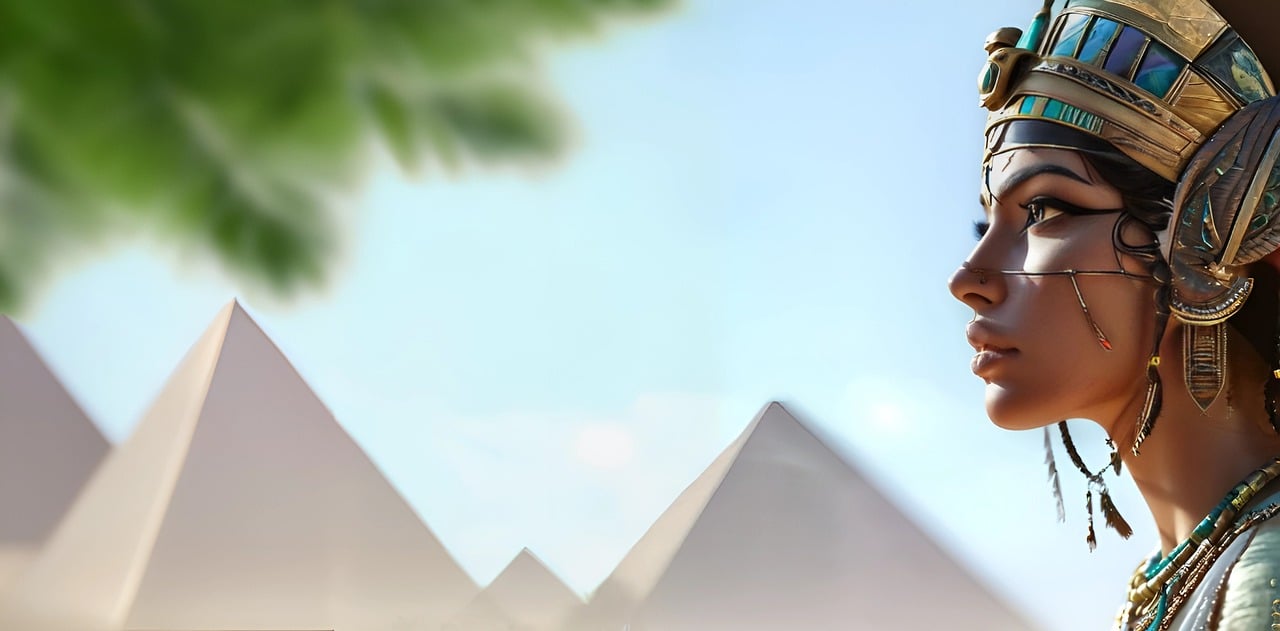
Mythological Creatures and Monsters
Mythological Creatures and Monsters in ancient Greek mythology are a fascinating array of fantastical beings that have captured the imagination of people for centuries. These creatures, ranging from fearsome monsters to majestic beasts, play significant roles in the myths and legends of the ancient Greeks, adding depth and intrigue to their stories.
One of the most iconic mythological creatures is the Hydra, a multi-headed serpent-like monster that regenerates heads when they are cut off. This formidable beast posed a great challenge to heroes like Hercules, showcasing the hero's strength and cunning in overcoming seemingly insurmountable obstacles.
Another legendary creature is the majestic Pegasus, a winged horse born from the blood of the Gorgon Medusa. Pegasus symbolizes grace, beauty, and freedom, often serving as a symbol of inspiration and hope in Greek mythology.
The Chimera, with the body of a lion, the head of a goat, and the tail of a serpent, is a fearsome creature that embodies chaos and destruction. Heroes like Bellerophon faced this monstrous beast in epic battles, highlighting the eternal struggle between good and evil in ancient myths.
Furthermore, the Sphinx, a creature with the body of a lion and the head of a human, is known for posing riddles to travelers and devouring those who fail to answer correctly. The enigmatic nature of the Sphinx adds a mysterious and challenging element to Greek mythology, testing the wit and wisdom of those who encounter it.
These mythological creatures and monsters not only serve as adversaries for heroes to overcome but also symbolize deeper themes and concepts within ancient Greek culture. They embody fears, desires, and moral dilemmas, reflecting the complexities of human nature and the eternal struggle between order and chaos.
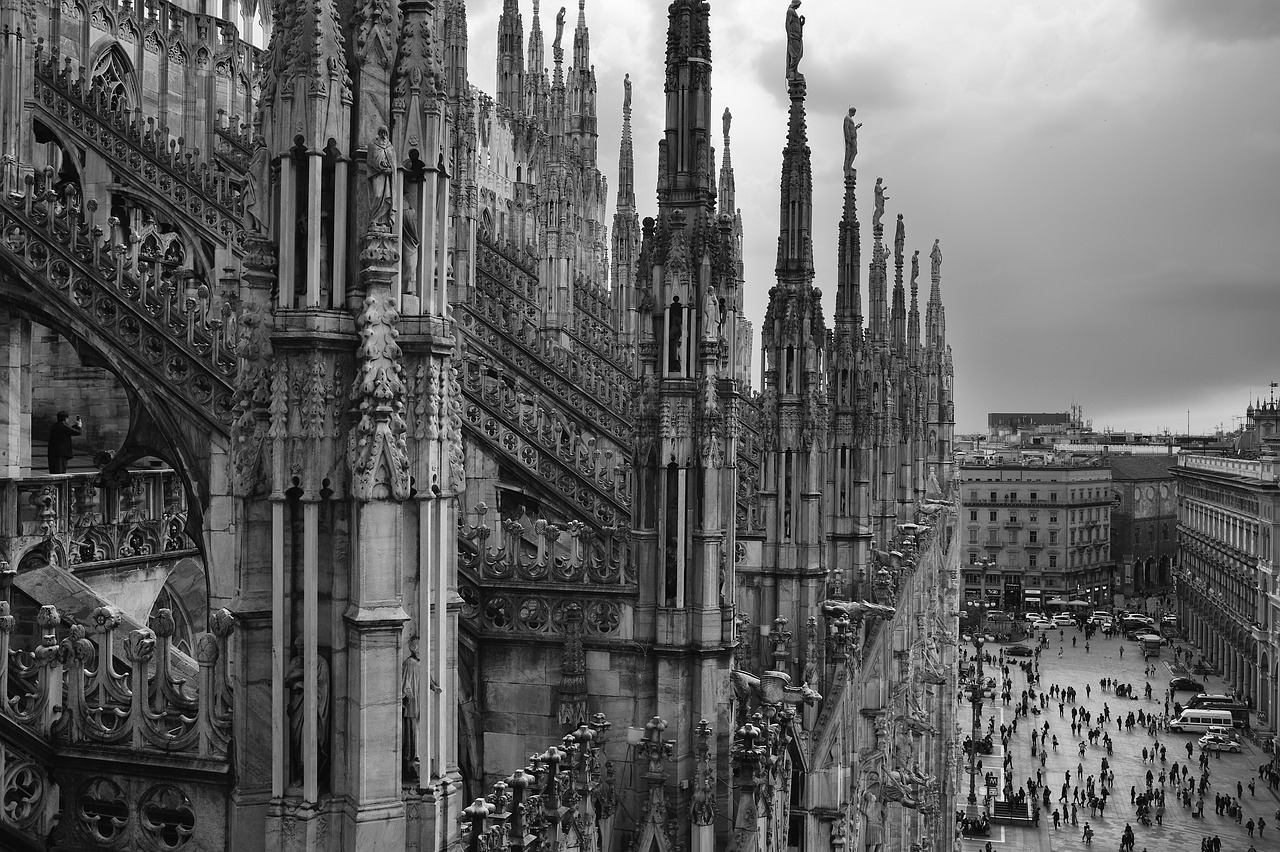
The Underworld and Its Inhabitants
In Greek mythology, the Underworld, also known as Hades, is a realm shrouded in darkness and mystery, ruled by the god Hades and his queen, Persephone. This gloomy domain is where the souls of the deceased journey after death, facing judgment and eternal punishment or reward based on their earthly deeds. The Underworld is divided into several regions, each with its own unique inhabitants and significance.
One of the most well-known figures in the Underworld is Cerberus, the fearsome three-headed dog that guards the gates of Hades, ensuring that the dead do not escape and the living do not enter. Cerberus symbolizes the boundary between the world of the living and the realm of the dead, embodying the fears and uncertainties associated with death.
Another prominent inhabitant of the Underworld is Charon, the ferryman who transports the souls of the deceased across the river Styx to the realm of the dead. In Greek mythology, it was believed that the deceased needed to pay Charon an obol, a small coin, to secure safe passage to the afterlife. Those who could not afford to pay were doomed to wander the shores of the Styx for eternity.
The Underworld is also home to the judges of the dead, who determine the fate of souls based on their actions in life. Among these judges is Rhadamanthus, known for his strict and impartial judgments, ensuring that justice is served in the afterlife. The souls of the righteous are rewarded with a place in the Elysian Fields, a paradise where they can enjoy eternal bliss and happiness.
However, those deemed unworthy are condemned to Tartarus, a dark abyss where they face endless torment and suffering for their sins. Tartarus is reserved for the most wicked and vile individuals, serving as a place of punishment for those who have committed heinous crimes during their lifetimes.
The Underworld and its inhabitants play a crucial role in Greek mythology, reflecting the ancient Greeks' beliefs about death, judgment, and the afterlife. The myths and stories surrounding this mysterious realm offer insights into the cultural and religious practices of the time, shedding light on the complex relationship between the living and the dead in ancient Greek society.
Frequently Asked Questions
- What is the significance of Greek mythology?
Greek mythology holds immense cultural and historical significance as it provides insights into ancient Greek beliefs, values, and societal structures. These myths have inspired countless works of art, literature, and philosophy, shaping the foundation of Western civilization.
- Who were the key gods and goddesses in Greek mythology?
The Greek pantheon included powerful deities such as Zeus, Hera, Athena, Poseidon, and Apollo. Each god or goddess represented different aspects of life and nature, influencing various domains like war, wisdom, love, and the seas.
- What are some famous Greek myths and heroes?
Legendary figures like Hercules, Perseus, and Achilles are renowned for their epic quests, battles, and tragic fates. The tales of the Trojan War, the Labors of Hercules, and the adventures of Odysseus continue to captivate audiences worldwide.
- What role did mythological creatures play in Greek stories?
Mythical creatures like the Hydra, Cerberus, and the Minotaur added a sense of wonder and danger to Greek mythology. These creatures often symbolized challenges that heroes had to overcome, showcasing themes of bravery, cunning, and resilience.
- How has Greek mythology influenced modern culture?
The enduring legacy of Greek mythology can be seen in various aspects of modern culture, from literature and art to language and popular media. References to Greek myths abound in everyday life, demonstrating the timeless appeal and relevance of these ancient stories.










